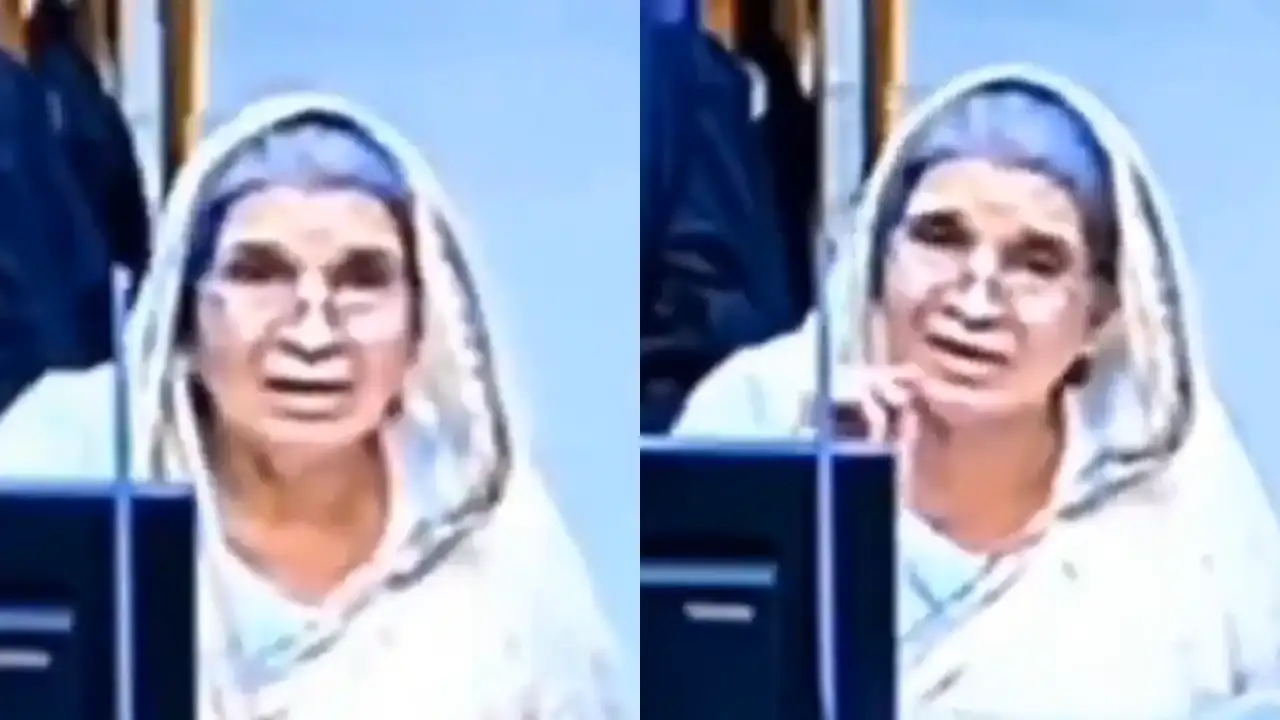Chemistry Professor Who Defended Herself in Court Loses Murder Appeal, Life Sentence Confirmed
Related Articles
Uttarakhand Chief Minister Launches Champawat Saras Corbett Festival 2026
Uttarakhand Chief Minister Pushkar Singh Dhami inaugurated the 'Champawat Saras Corbett Festival-2026' via virtual platform from the Chief Minister’s Camp Office in Dehradun. During...
India Sets Guinness World Record with Over 250,000 AI Responsibility Pledges in 24 Hours
The Union Minister for Electronics and Information Technology, Ashwini Vaishnaw, confirmed on February 18 that India has officially set a Guinness World Record for...
Pakistan’s Punjab Police Reportedly Kill Over 900 Individuals in Eight Months
The Human Rights Commission of Pakistan (HRCP) has raised serious allegations against Punjab's specialized police unit, claiming that it has been involved in the...


